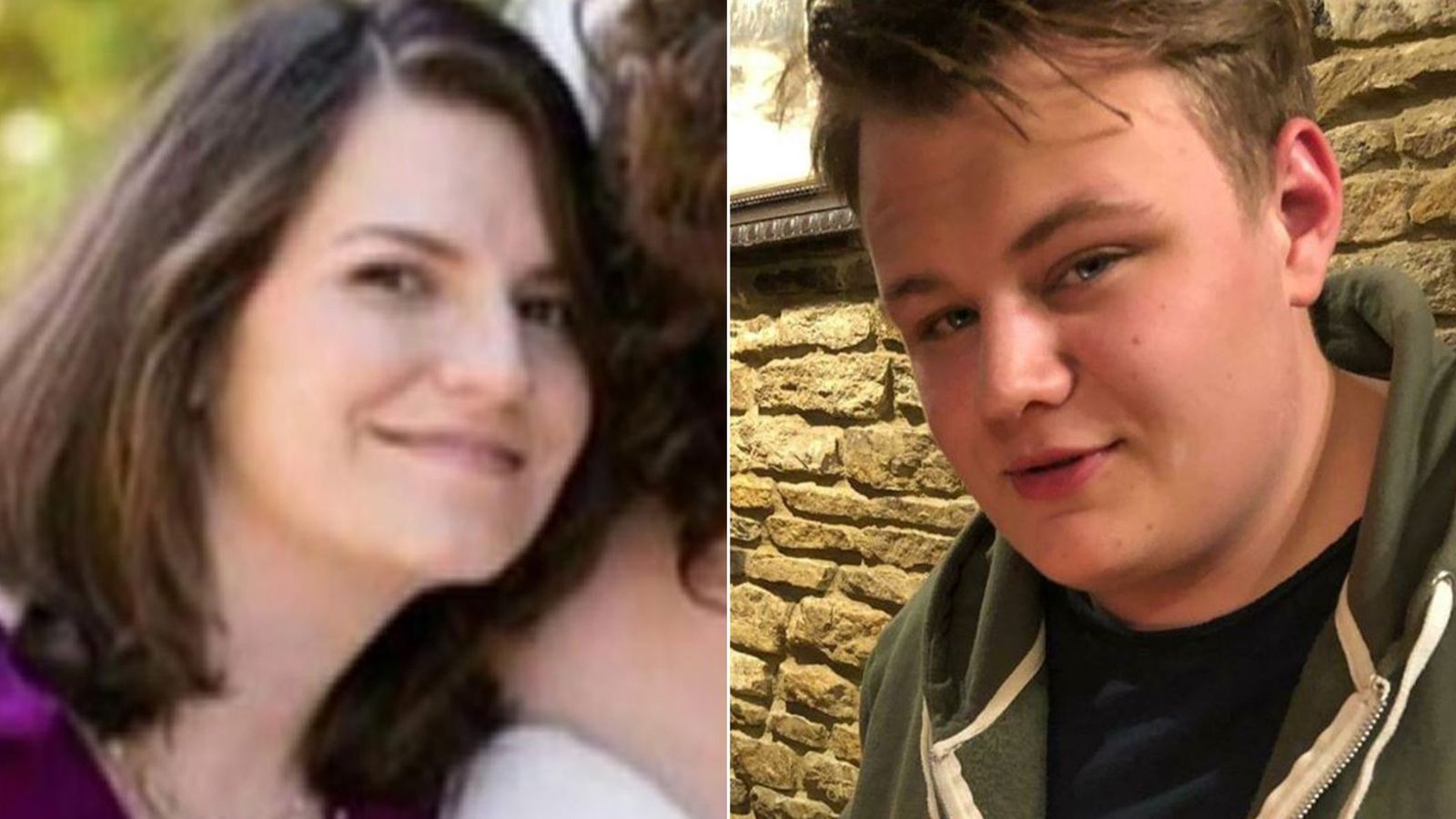Harry Dunn’s parents are set to hear face-to-face legal testimony later this year from the woman who allegedly killed their son.
Anne Sacoolas was leaving RAF Croughton, Northamptonshire, in a car in August 2019 when she was involved in a crash in which 19-year-old Harry, who was riding his motorbike, lost his life.
The 43-year-old, who is married to an American intelligence worker, was on the wrong side of the road and charged with dangerous driving but claimed diplomatic immunity and returned to the US with her family.
Mr Dunn’s family have been fighting to get Mrs Sacoolas to return to the UK to face trial ever since.
Mrs Sacoolas, and her husband Jonathan, have now been told they will be “deposed” by 23 July – meaning they will give their account of events under oath in front of Mr Dunn’s mother, Charlotte Charles, and father, Tim Dunn.
The deposition will form part of the “discovery” process in the Dunn family’s civil claim, in which correspondence and documentation relevant to the case will be handed over ahead of a trial at the end of the year.
Reacting to the scheduling order, family spokesman Radd Seiger said: “This will hopefully allow them to process what happened to Harry as they seek to rebuild their shattered lives.”
A judge in Virginia in early March had given Mr Dunn’s family the go-ahead to proceed with a civil claim for damages against Mrs Sacoolas and her husband.
Also this month, Mrs Charles rejected Mrs Sacoolas’s offer to undertake community service saying it’s not up to her legal team to decide what penalty she faces.
Mrs Sacoolas’s lawyer, Amy Jeffress, said her client had “never denied” responsibility for the road collision and would be willing to undertake community service in the US, make a “contribution” in Mr Dunn’s memory and meet with his family.
But Mrs Charles told Sky News: “She needs to come back to the UK and go through the justice system. It’s not up to us, or them, to decide what penalty, if anything should be handed down.
“She wants to find resolution; the only resolution is to face the UK justice system.
“She needs to move on with her life, we need to rebuild ours, but without her going through the UK justice system that can’t be done.”
Ms Jeffress said since the charge pending in Britain against Mrs Sacoolas would not usually result in a prison sentence in the US, her client was not inclined to return to the UK to face trial.
As a result, she said they were striving to resolve the case in a manner that would not involve a return to the UK.
An extradition request submitted by the Home Office was rejected by the US State Department in January last year.






















